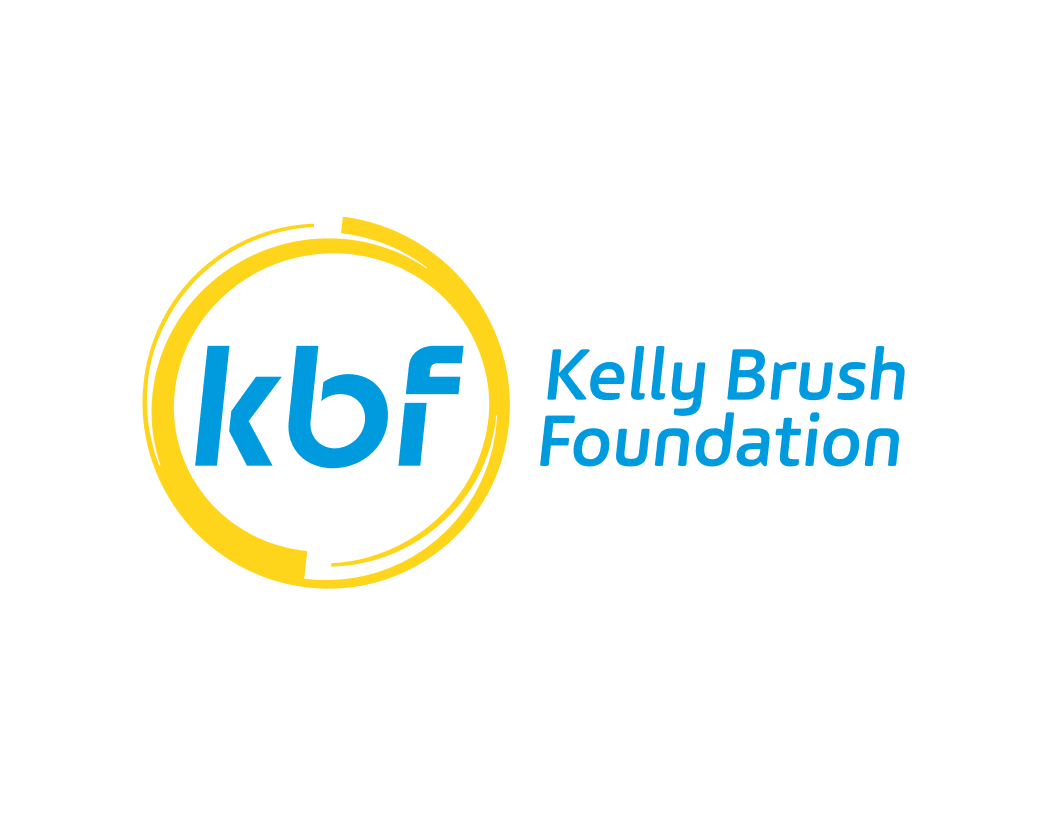In Kelly’s Words – I teach now?
Last week I spoke to an undergraduate entrepreneurship class in Boston. Not because I have any educational or entrepreneurship skills (well, other than starting a foundation…), but because they’re looking into something that I live everyday.
The back-story: my mother-in-law, Mary, is a professor of entrepreneurship at Babson College. She is teaching a semester-long workshop that applies a design thinking approach to a single problem over the course of the semester. She enlisted Zeke and me to help her come up with and frame the “grand challenge”. Our challenge for the class: “How might we better improve outcomes in the first year following a traumatic injury causing permanent physical disability”.
After making a video to introduce it the first week of class, last week Zeke and I went down to talk with the students. They pitched us on their rough ideas, asked for our feedback, and we provided resources and topics for research that may be helpful.
It was really interesting. It allowed me to see what someone with zero experience with a physical disability (like me when I started college) perceived as the biggest obstacles following a traumatic injury. A few groups focused on accessibility of public transportation. Another group talked about accessibility of college campuses and ways to incentivize campuses to become more inclusive. Higher education is prohibitive for many because of cost, but it shouldn’t be because of accessibility!
One group focused on mentorship between previously injured and newly injured individuals. I think facilitating mentorship is ripe for progress. There are a lot of mentorship programs out there, but it is always hard to match people with similar interests and backgrounds. Often the only thing people have in common is the injury! Hearing from someone who is in a similar situation and how they managed everything that you are now facing is huge, but it has to be someone you connect with—and are willing to ask personal questions to.
When I first presented the Grand Challenge I assumed they would all focus on employment. We even quoted some pretty startling statistics about disability and employment (the numbers vary, but no study shows more than a 33% employment rate). Surprisingly to me none of the groups focused on or even talked about employment. It’s obviously a big obstacle but an incredibly important step. It’s too easy to get wrapped up in staying home and feeling as though you can’t contribute. Employment can not only provide financial benefits, but it can also show an individual that he/she can still be part of a community, engage in society, and be social.
From my perspective, sports and recreation are incredibly important to recovery. I believe that sports and being active allow someone to engage with society and learn they can do everything they did before, just maybe in a slightly different way. That was certainly my experience and what led me and my family to start the Kelly Brush Foundation.
The class at Babson has all semester to focus their idea and come up with a plan. I’m excited to follow their progress and see what ideas they come up with! Do you have any ideas? You can email me at [email protected].
Dylan Update
We had our first plane ride! We traveled to Colorado for Inspire!Denver (read the recap here) a couple weeks ago and brought Dylan with us. She doesn’t sleep in our arms well (she’s a great sleeper, but she only likes to sleep in her crib) so we were nervous about her naps during our travel days. She only napped for 15 minutes total on the way out, but slept for a couple hours on the way back. On the way home we had flights later in the day so she was tired and slept most of our last flight. Even though she didn’t sleep much on the way out she was generally really happy and didn’t cry much at all. The key to keep her happy was new and novel toys—the airplane cups and our snack wrappers worked great! Traveling for Zeke and I was much less restful and more stressful, but thankfully Dylan made it pretty easy!
